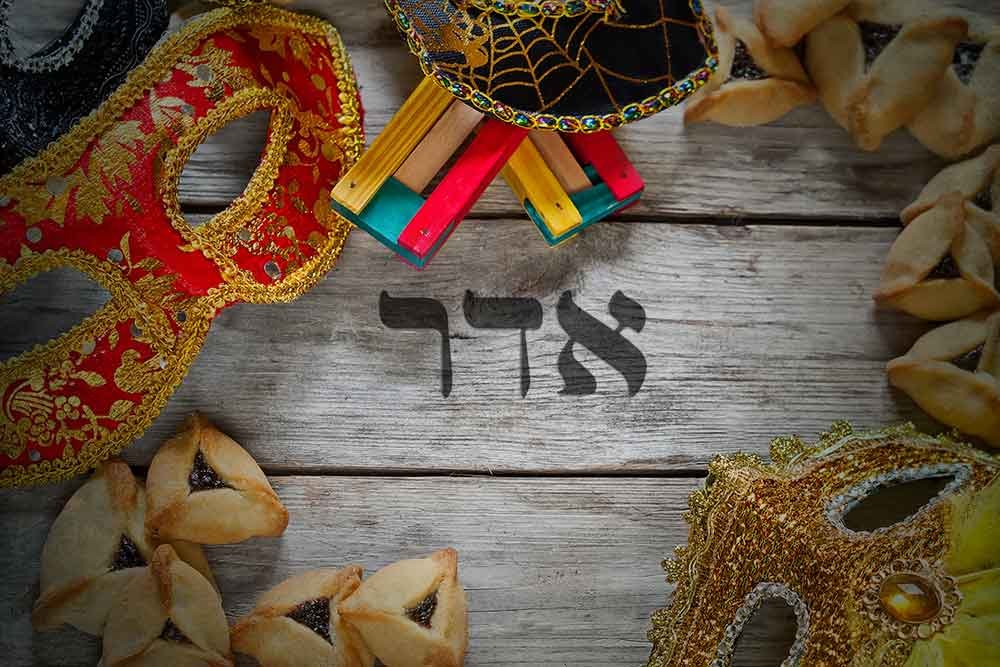While teaching in the Temple courts in the last days before He suffered, our Master warned His disciples about the pride, pretense, and hypocrisy of the scribes, Torah teachers, Pharisees, and religious leaders:
In His teaching He was saying: “Beware of the scribes who like to walk around in long robes, and like respectful greetings in the market places, and chief seats in the synagogues and places of honor at banquets, who devour widows’ houses, and for appearance’s sake offer long prayers; these will receive greater condemnation.” (Mark 12:38-40)
He criticized their love of honor and desire for prestige. They flaunted their religious apparel and loved to be greeted with respect in the markets. They took the seats of honor in the synagogues and at meals. They made long prayers to demonstrate their piety while neglecting the Torah’s weighty obligations, such as charity for the care of orphans and widows. Because they taught the Torah and presented themselves as holy men, they “will receive greater condemnation.” James, the brother of the Master, alluded to Yeshua’s warning when he wrote, “Let not many of you become teachers, my brethren, knowing that as such we will incur a stricter judgment” (James 3:1).
In Matthew 23:13-37, Yeshua pronounced seven “woes” upon the Pharisees. A parallel passage appears in Luke 11:39-54. The denouncements will convince most gospel readers unfamiliar with first-century Judaism that all Pharisees and rabbis were fairly awful human beings.
Increasing numbers of historians and Bible scholars have recently conceded that our Master did not condemn the Pharisees as a whole. Yeshua and His early disciples followed a form of Pharisaism. His theology, hermeneutic, parables, argumentation, conclusions, and even His dinner invitations were, for the most part, Pharisaic in origin.
How then do we understand the rancor with which Yeshua attacked the Pharisees in the Gospels? Yeshua’s scathing rebukes represent an internal criticism. Notice that He never offered similar rebukes to the Sadducees or the Herodians (even though they were far more wicked than the Pharisees). Neither did He condemn the Essenes, even though He did not endorse their theology or their withdrawal from the rest of the Jewish people. Because Yeshua’s own theology and practice ran so close to the Pharisees, the Pharisees fell under His immediate concern. In religious dialogue, we experience the fiercest conflict with those most similar to ourselves.
The writings of the Pharisees freely admit to the presence of rank hypocrisy and pretentiousness among some members of their sect. David Stern compiled and translated a fusion of passages from both Talmuds to illustrate this point. This internal criticism was written by disciples of the Pharisees themselves:
There are seven kinds of Pharisees: the “shoulder” Pharisee, who ostentatiously carried his good deeds on his shoulder so all can see them; the “wait-a-moment” Pharisee, who wants you to wait while he performs a mitzvah; the bruised Pharisee, who runs into a wall while looking at the ground to avoid seeing a woman; the “reckoning” Pharisee, who commits a sin, then does a good deed and balances the one against the other; the “pestle” Pharisee, whose head is bowed in false humility, like a pestle in a mortar; the Pharisee who asks, “What is my duty, so that I may do it?” as if he thought he had fulfilled every obligation already; the Pharisee from fear of the consequences if he doesn’t perform the commandments; and the Pharisee from love.
According to the Pharisees’ own evaluation, seven out of eight types of Pharisees were of an ignoble character. The Master’s criticism of the Pharisees should be understood in concert with the Pharisees’ own self-critique:
One should expose hypocrites to prevent the profanation of the Name. (Talmud)
Hypocrites will not stand before God. (Talmud)











